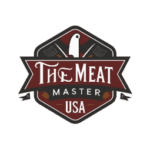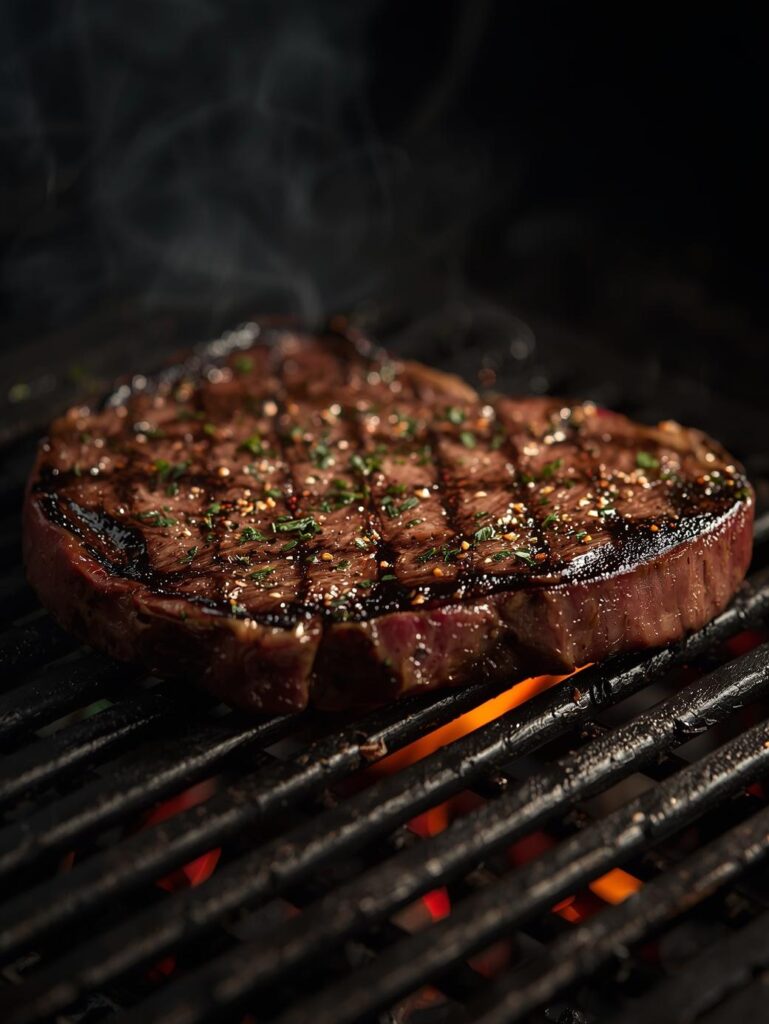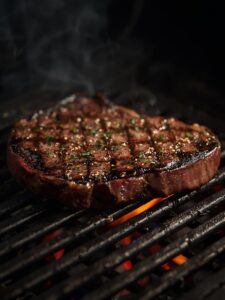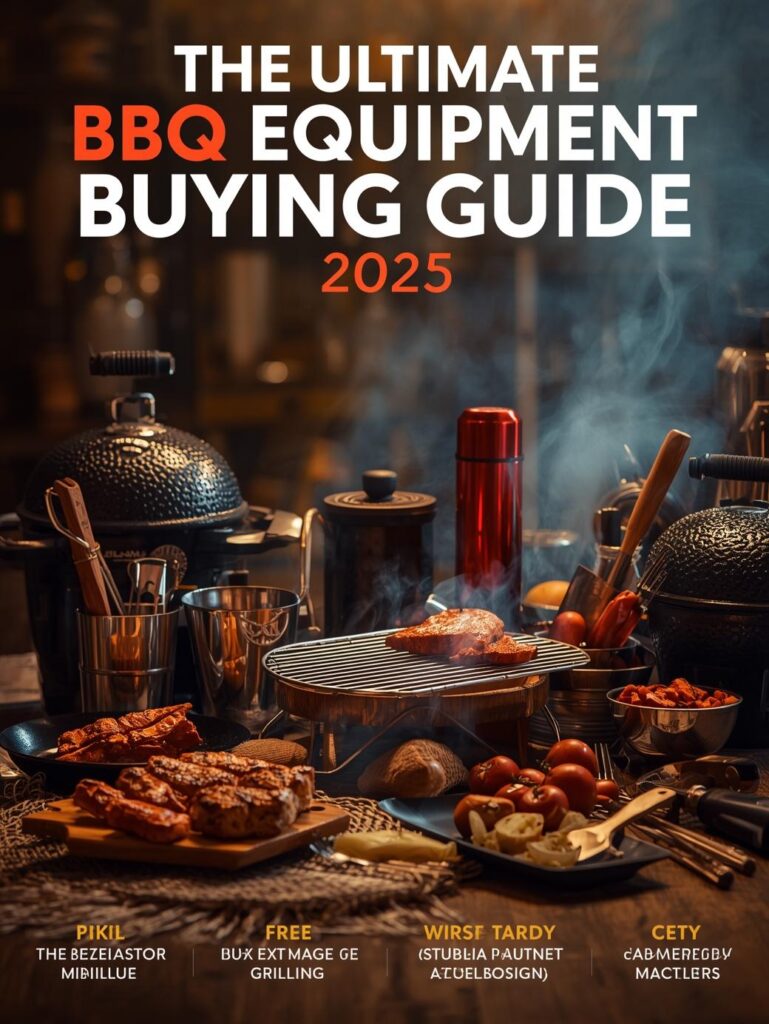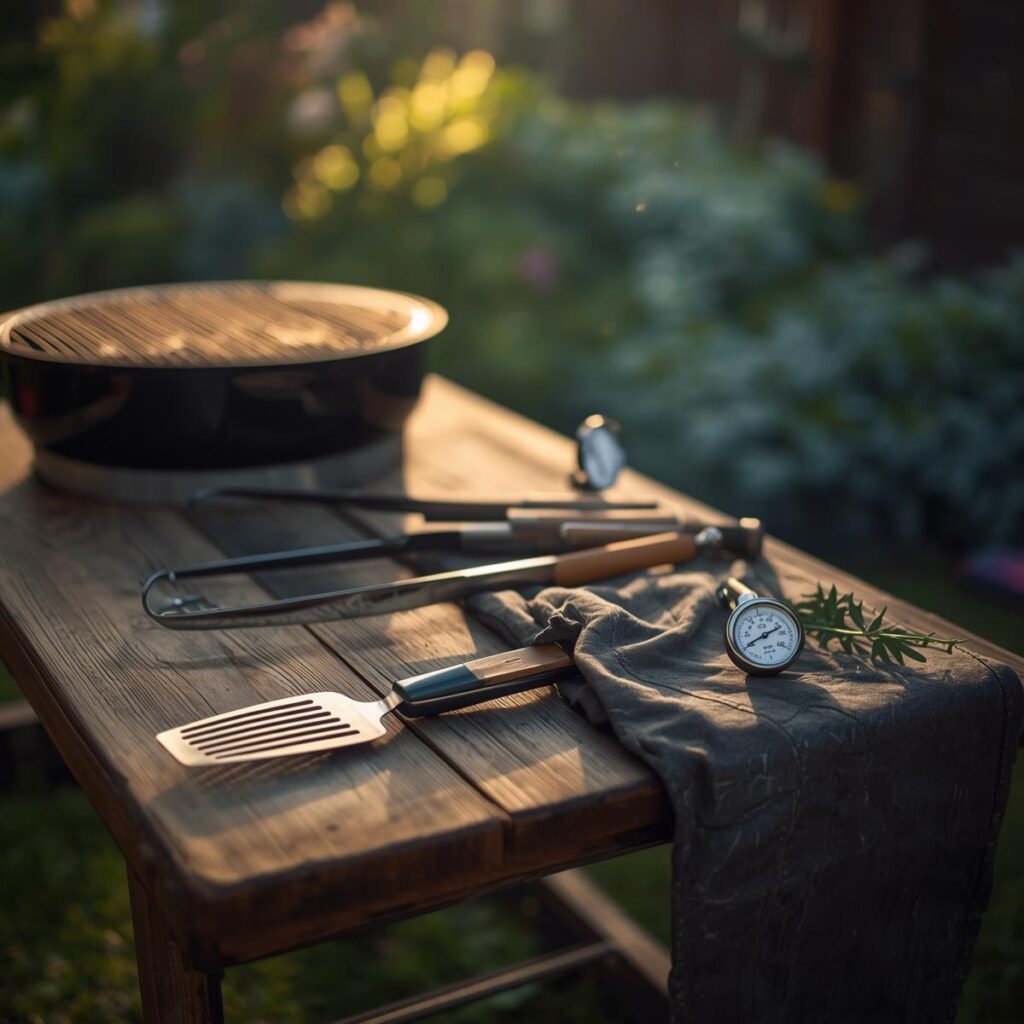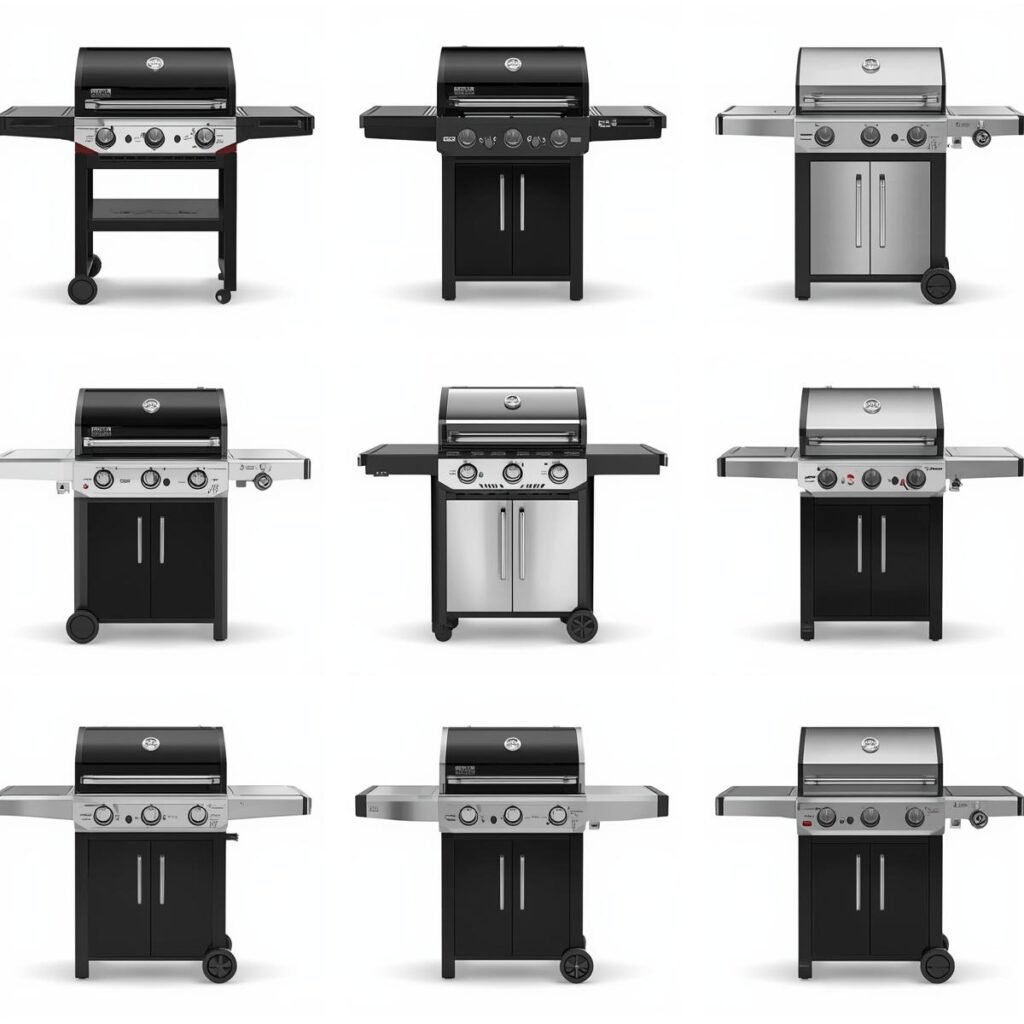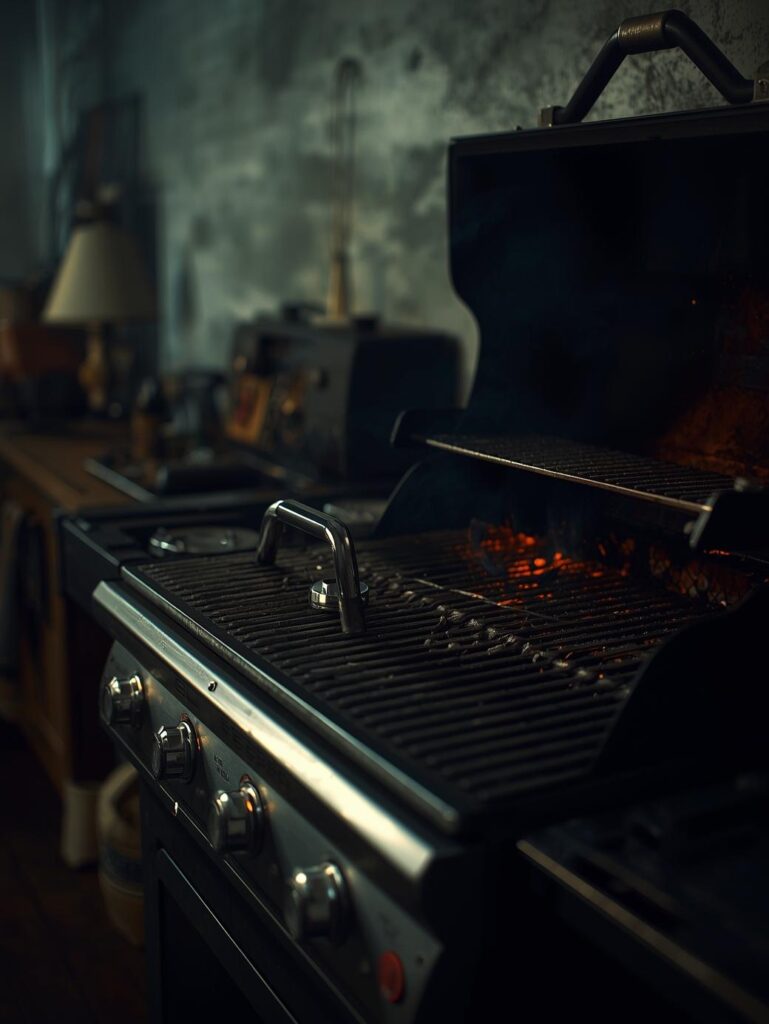Expert’s Note: This equipment deep dive is part of our BBQ Equipment Buying Guide. Your grill grates are where the magic happens—the interface between fire and food. Choosing the right material can dramatically impact your steak’s crust, flavor, and cooking experience.
CAST IRON VS STAINLESS STEEL GRILL GRATES: WHICH IS BETTER FOR STEAK?
“The debate between cast iron and stainless steel grill grates is the culinary equivalent of choosing between a vintage sports car and a modern supercar. One offers traditional character and incredible heat retention; the other provides modern convenience and bulletproof durability. But when it comes to searing the perfect steak, which material truly delivers superior results? The answer might surprise you—and will definitely transform your grilling game.”
Cast Iron vs Stainless Steel Grill Grates: Which is Better for Steak?
Download our free Grill Grate Comparison Cheat Sheet with maintenance tips for both materials.
Walk into any backyard barbecue among serious grillers, and you’ll find passionate advocates for both cast iron and stainless steel grates. This isn’t just a matter of preference—it’s a fundamental choice that affects heat transfer, searing capability, maintenance effort, and ultimately, the quality of your steak. Understanding the science and practical differences between these materials will help you choose the right tool for your cooking style and ensure every steak emerges from your grill with a perfect crust.
🔬 THE THERMODYNAMICS OF SEARING: HOW HEAT TRANSFERS TO STEAK
The fundamental difference between these materials comes down to how they store and transfer thermal energy to your steak.
⚙️ Heat Transfer Physics: Conduction vs. Radiation
The Two Ways Grates Cook Your Steak
- Conduction: Direct heat transfer from the hot grate surface to the steak through physical contact. This creates grill marks and sears the surface.
- Radiation: Infrared energy radiating from the hot grate material to the steak, cooking areas not in direct contact. This contributes to overall browning.
Different grate materials excel at different types of heat transfer, which dramatically affects your steak’s crust development.
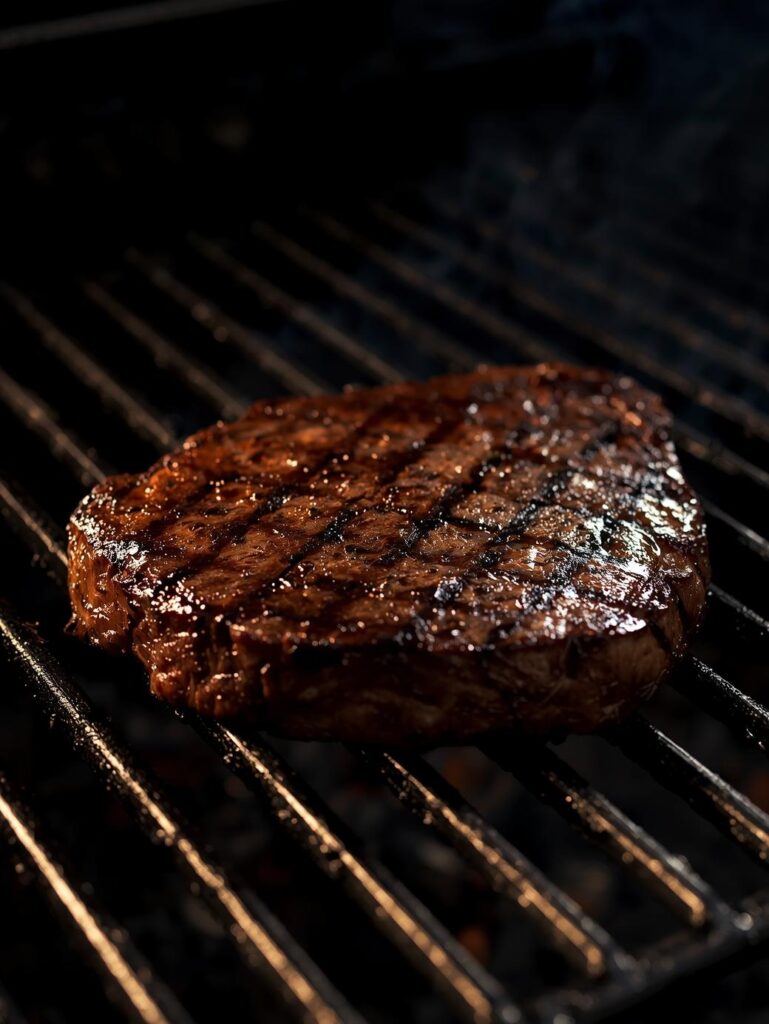
🥊 THE HEAD-TO-HEAD SHOWDOWN: 8 CRITICAL CATEGORIES
Let’s break down the battle across the factors that actually matter for steak perfection.
🎯 Cast Iron vs. Stainless Steel: The Ultimate Comparison
| Category | Cast Iron | Stainless Steel | Winner |
|---|---|---|---|
| Heat Retention | Excellent – holds heat like a thermal battery | Good – heats and cools quickly | Cast Iron |
| Searing Ability | Superior – creates incredible crust | Very Good – gets hot enough for great sear | Cast Iron |
| Temperature Recovery | Slow – takes time to heat up and recover | Fast – responds immediately to adjustments | Stainless Steel |
| Durability | Good – can crack if dropped, rusts if neglected | Excellent – virtually indestructible | Stainless Steel |
| Maintenance | High – requires seasoning and protection | Low – simple cleaning, no special care | Stainless Steel |
| Sticking Risk | Low (when properly seasoned) | Medium (requires proper technique) | Cast Iron |
| Weight | Heavy – difficult to move and clean | Light – easy to handle | Stainless Steel |
| Versatility | Excellent – works great for all meats | Good – performs well across proteins | Tie |
🎯 THE SEARING SCIENCE: WHY CAST IRON CREATES BETTER CRUST
When it comes to creating that perfect, restaurant-quality crust on your steak, cast iron has a scientific advantage.
🔥 The Maillard Reaction Advantage
Cast iron’s superior heat retention means it doesn’t cool down significantly when you place a cold steak on it. This maintains the high surface temperature needed for optimal Maillard reaction—the chemical process that creates complex flavors and beautiful browning.
The Thermal Mass Principle
- Cast Iron: High thermal mass = less temperature drop when food is added = consistent searing
- Stainless Steel: Lower thermal mass = greater temperature fluctuation = less consistent searing
This is why many steak purists swear by cast iron—it delivers that unforgettable crust that makes steakhouse steaks so special.
🎨 The Grill Marks Debate: Aesthetics vs. Flavor
Many grillers love the visual appeal of perfect grill marks, but there’s a flavor trade-off:
Traditional Grill Grates
Create attractive marks but leave unseared areas between them. Only about 30-40% of the steak’s surface gets direct contact and proper browning.
Flat Top/Griddle
Provides 100% surface contact for maximum Maillard reaction and crust development. Less visually traditional but superior flavor development.
Pro Tip: The Hybrid Approach. Many serious steak cooks use cast iron grates for the superior crust but opt for flat cast iron surfaces (griddles or reversible grates with a flat side) to maximize surface contact and flavor development.
🛠️ MAINTENANCE AND DURABILITY: THE REAL-WORLD PRACTICALITIES
The theoretical performance is one thing—the daily maintenance reality is another.
⚔️ The Rust Battle: Prevention and Care
Cast Iron Maintenance
- Seasoning Required: Polymerized oil layer prevents rust
- Cleaning: Brush while warm, no soap (usually)
- Storage: Must be kept dry, may need re-seasoning
- Lifespan: Generations if cared for properly
Stainless Steel Maintenance
- No Seasoning: Naturally corrosion-resistant
- Cleaning: Soap and water safe, dishwasher compatible
- Storage: No special requirements
- Lifespan: Essentially forever with basic care
🔧 Cleaning Comparison: Effort vs. Results
🎯 Cleaning Workflow Comparison
| Step | Cast Iron | Stainless Steel |
|---|---|---|
| Immediate Post-Cook | Brush while warm, no water | Brush while warm, can use water |
| Deep Cleaning | Scrape, oil, careful drying | Soap, water, scrub, air dry |
| Stuck-on Food | Coarse salt scrub, re-season | Soak, steel wool, no damage |
| Storage Prep | Light oil coating, dry location | Dry and store anywhere |
🎯 THE DECISION MATRIX: WHICH GRATE IS RIGHT FOR YOU?
Your ideal choice depends on your cooking style, maintenance tolerance, and steak preferences.
Choose Your Grill Grate Champion
Choose CAST IRON if:
- You prioritize ultimate crust and sear above all else
- You don’t mind maintenance and seasoning care
- You mainly cook steaks and red meat
- You want that classic steakhouse character
- You’re willing to preheat for 15-20 minutes
Choose STAINLESS STEEL if:
- You value convenience and easy maintenance
- You cook a variety of foods beyond just steak
- You want durability and worry-free ownership
- You need quick heat-up and temperature response
- You live in humid or coastal environments
🚀 PRO TIPS FOR MAXIMIZING EACH GRATE TYPE
🔥 Cast Iron Mastery Techniques
Getting the Most from Cast Iron
- Preheat Properly: Allow 15-20 minutes for grates to reach full, even temperature
- Season Religiously: Maintain that polymerized oil layer for non-stick performance
- Don’t Move Too Soon: Let the steak release naturally—don’t force it
- Clean While Warm: Use a stiff brush immediately after cooking
- Oil After Cleaning: A light coat of oil prevents rust between uses
⚡ Stainless Steel Optimization
Getting the Most from Stainless Steel
- Use the Water Test: Water droplets should dance on the surface when hot enough
- Prevent Sticking: Ensure steak surface is dry and grates are properly heated
- Leverage Quick Response: Adjust heat zones dynamically during cooking
- Clean Thoroughly: Soak if needed—stainless can handle aggressive cleaning
- Embrace Versatility: Use for delicate foods that might stick to cast iron
🏁 THE VERDICT: WHICH WINS FOR STEAK?
If we’re judging purely on steak-cooking performance and crust development, cast iron emerges as the technical winner. Its superior heat retention and ability to maintain temperature during cooking creates an unparalleled sear and that coveted steakhouse crust.
However, stainless steel wins decisively on practicality, durability, and maintenance. For the griller who values convenience and versatility alongside very good (though not quite elite) steak results, stainless steel is an excellent choice.
The smartest approach? Many serious steak enthusiasts own both. They use cast iron when they’re focused on creating the perfect steak experience, and stainless steel for everyday grilling, quick weeknight meals, and cooking a wider variety of foods.
Your mission: If you currently have one type, try cooking the same cut of steak on a friend’s grill with the other grate material. Pay attention to the crust development, ease of cooking, and cleanup. Sometimes the best way to appreciate what you have is to experience the alternative.
Master Your Grill Equipment: Continue your gear education with these essential guides:
